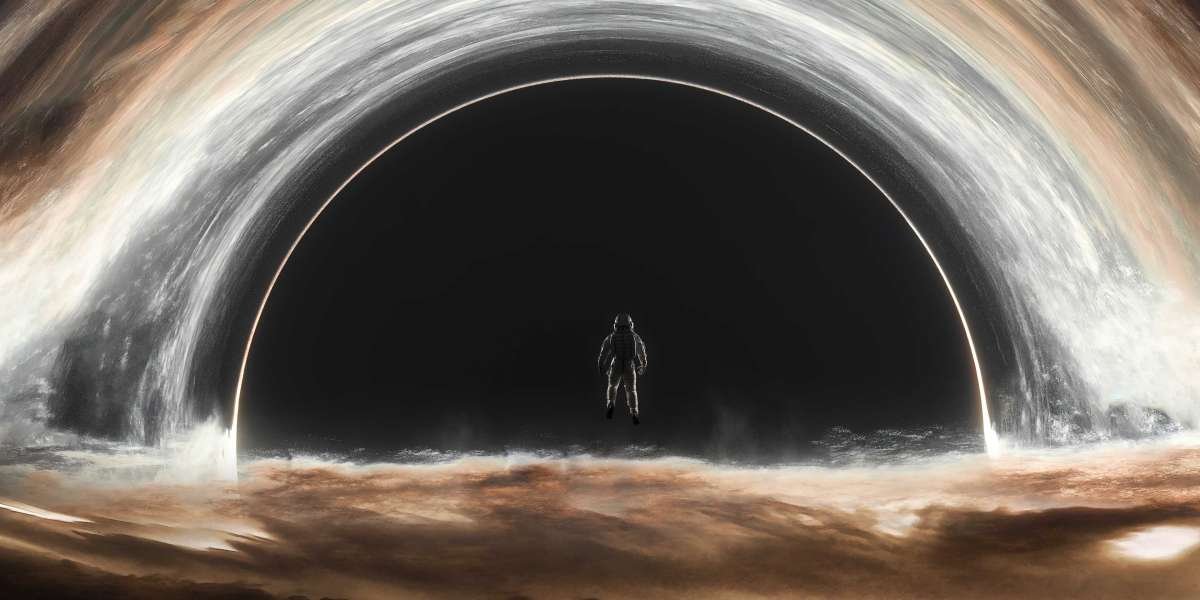Critical specialty in a hospital is also known as intensive care. It is a demanding healthcare unit and has a broad spectrum of approaches that are to be delivered on time. The cornerstone of this speciality is that the critical care specialist in Delhi NCR offer cutting-edge technology and modern advances in promoting health to critical patients. Hence, the complete intensive or critical can broadly defined as providing timely and highly specialised service to patients. It also involves continuous monitoring, detailed observation, and invasive treatment.
How critical care specialist in Delhi NCR can better serve the patients
One of the primary aspects of critical care is that it is significantly time dependent. Therefore, the critical care specialist in Delhi NCR advice for an early referral as a timely support can have a significant say on the process of prognosis of the patient. Moreover, any delay or an inaccurate assessment of the condition can seriously jeopardize the recovery of the patient.
Some of the crucial health conditions that are addressed and provided treatment for are:
- Respiratory support
- circulatory support
- renal support, organ support
- neurological support
These conditions are assessed and monitored continuously in the critical care unit. Also, the heart rate, respiratory rate, blood pressure, temperature, pulse oximetry, blood gases saturation, and urine output are carefully screened and controlled.
What’s new in critical care unit of hospitals?
In recent times, the critical care unit of hospitals have formed a completely new division of healthcare services. Intensive care units are led by a learned critical care specialist in Delhi NCR who work toward the improvement of mortality. The critical care specialist in Delhi NCR are also bound to adhere to the strict guidelines and work patterns which are regulated for efficient work system in times of immediate emergencies. Given the rise in patients needing immediate critical care, a high ratio of healthcare provider to patient is maintained for better management. Therefore, the critical care doctors provide 24/7 support round the clock and constantly track the patient’s vitals.
All treatments are now planned in a much sensitive manner. If the need arises, a daily input or update is fetched from radiology, pathology, microbiology, physiology and a vast number of sectors. Along with the critical care specialist in Delhi NCR, there is also a team of nurses with advanced training. Each critical care facility has now been equipped with the state-of-the-art medical equipment which complies with the specific standards. There has also been a significant advancements in better resuscitation procedures and equipment.
The future of critical care
In the times to come, critical care is likely to see bioengineering, new reconstructive biocompatible materials. Add to that, there will be significant advancement meant for immunotherapy, better pulmonary rehabilitation. The critical care hospitals would also bring about some of the improved hospital structures and functions which would make this discipline into the stride of a revolutionary outcome in the field of critical care medicine.













